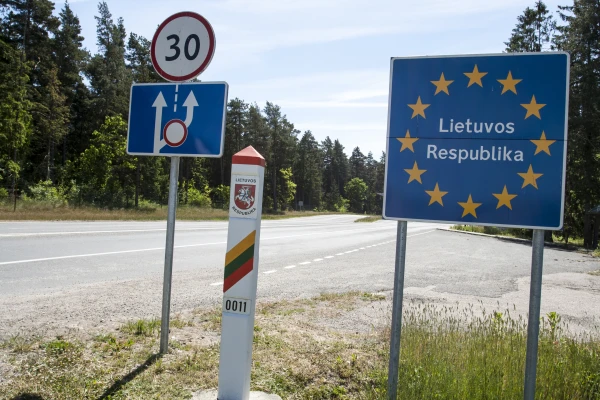
Housing prices in the EU real estate market have noticeably increased over the past five years, with Portugal emerging as a leader in housing costs. Such conclusions are contained in the report published on Tuesday by the European Commission titled "Residential Real Estate in the European Union: Market Development, Key Factors, and Policy."
The authors cite among the reasons for the price surge higher interest rates than before, an increase in housing demand from wealthy families and investors, migration, the growth of short-term rentals, and a shortage of new spaces and labor in the construction sector.
Are Tourists to Blame?
Between 2014 and 2024, housing prices in the EU rose by an average of 50 percent, "but in Hungary, Lithuania, the Czech Republic, Portugal, Estonia, Bulgaria, and Poland, the nominal increase in housing prices exceeded 200 percent," the report states.
According to researchers, today "prices in Portugal are inflated by about 35 percent," and the trend continues. The authors of the report say that one of the main reasons for this dynamic has been the tourism boom, which has led to increased demand for short-term rentals. Against this backdrop, long-term rentals have also increased, and it has become harder to find rental options for long months and years.
"There is increasing evidence that the growth of tourism in general and the emergence of short-term rental platforms in particular have contributed to rising rents and housing prices in some prestigious areas, such as historic city centers," the conclusion of the study, which covers EU countries as a whole, states.
But here, Portugal stands out. According to a study conducted by ISCTE - Instituto Universitário de Lisboa, the share of public housing in the country is one of the lowest in Europe - about 2% of the total housing stock.
In many urban areas, part of the housing stock is owned by companies, and a prolonged period of low interest rates has fueled demand from institutional investors for purchasing housing.
Statistics on building permit issuance are also problematic, the authors of the study write: in countries like Portugal, Croatia, Spain, and Greece, this figure sharply declined after the global financial crisis and today is "close to a historical minimum."
The complex bureaucratic procedure for obtaining building permits also plays a role in the housing shortage. "In most EU countries, there are fixed deadlines for issuing permits - from 3 weeks in Lithuania to 31 weeks in Portugal," the authors of the EU report write.
Shortage and... Empty Homes Nearby
With a shortage of affordable housing, the authors of the study draw attention to the glaring fact - the huge amount of vacant real estate in European countries. "The problem appears serious at the EU level - about one in six properties in Europe is vacant," the report states.
And here again, Portugal leads, topping the list of countries with vacant homes alongside Bulgaria, Romania, Malta, Cyprus, and Hungary.
Politicians Are Needed
The issue of the housing crisis is constantly raised in Portuguese politics and society, and demonstrations against rising rents and the lack of affordable housing are common in the country.
ADVERTISING
Among the measures presented by the government is a new tax incentive for the construction sector, in particular, a reduction of VAT to 6% for projects costing no more than 648,000 euros. A similar VAT rate will also apply to rental housing costing up to 2,300 euros.
Most of the measures proposed by the cabinet are tax-related and therefore depend on parliamentary approval, but changes regarding rentals are also planned.
In June, the European Commission warned that Portuguese governments are responding ineffectively to the housing crisis, recommending that specific measures be taken, such as rent control.












